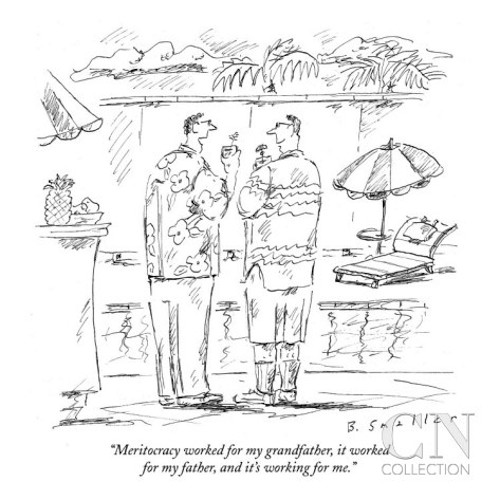Yesterday, the US House of Representatives passed HR 1105 to repeal the estate tax. Before we go even one sentence further, know that the estate tax applies only to inheritances greater than $5.43 million. That’s very few; according to the Joint Committee on Taxation, approximately 0.2% of deaths in 2013 involved estates large enough to be taxed. Perhaps that’s why Republicans invariably refer to the estate tax as the Death Tax: 99.8% of Americans will not pass on taxable estates, but everybody dies. On Twitter, Rep. Ryan Zinke (R-MT) called it “a tax on the American Dream.” Speaking in favor of the Death Tax Repeal Act of 2015, he said:
“I rise to bring awareness to a pervasive tax that threatens the very livelihood of the future of generations of Montanans…This tax punishes Americans that have worked hard, played by the rules, and want to pass that legacy on to their children.”
I submit that 0.2% is “pervasive” the same way inheriting more than $5 million is the American dream.



